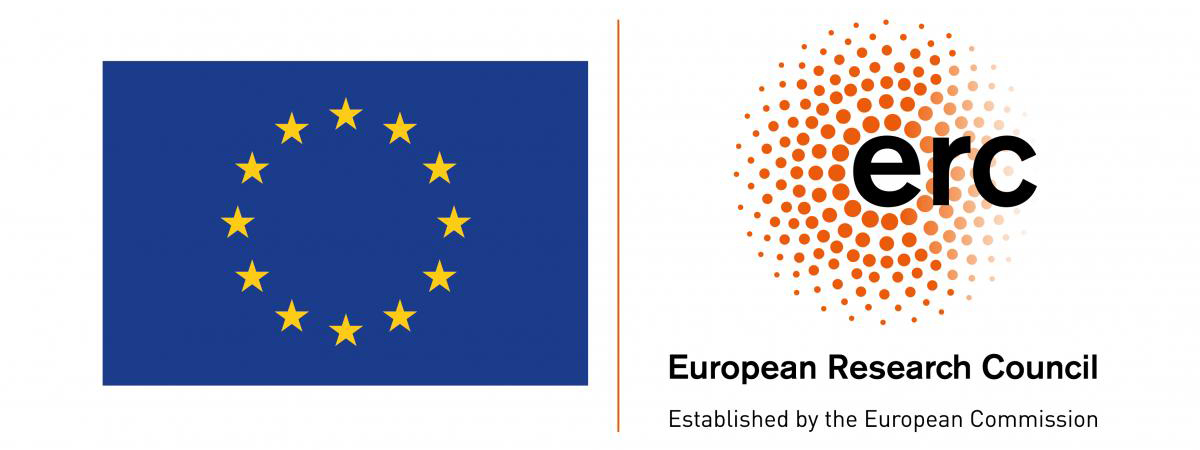
The algorithmic turn of prediction, connected with Big Data and Machine Learning, presents an exciting and urgent challenge for the social sciences. Recent advances in digital forecasting claim to provide a predictive score for individual persons or singular events, thereby introducing a new way to manage the uncertainty of the future. But knowing the future in advance is not only advantageous. In fact, for our society, uncertainty about the future is also a resource.
Since modernity, with the support of probability calculus various social institutions in different domains have developed means of coping with ignorance of the future by starting with the one thing that we all share - uncertainty. What happens to the stabilized forms of management of the future when their first resource - shared uncertainty - is missing?
This project includes a set of theory-driven empirical studies of the transition from probabilistic forms of uncertainty management to the new algorithmic forms of prediction. We investigate three important social areas highlighting three fundamental dimensions with which digital forecast must deal.
- In personalized insurance our key dimension is individualization of prediction, where the challenge is that such prediction could undermine the mutualization principle organized around actuarial practices.
- Our second research area is precision medicine, highlighting the dimension of generalization where the challenge is the combination of algorithmic procedures with established statistical methods.
- In the third field, predictive policing underscores the problem of bias while it challenges the distinction between prevention and repression.

